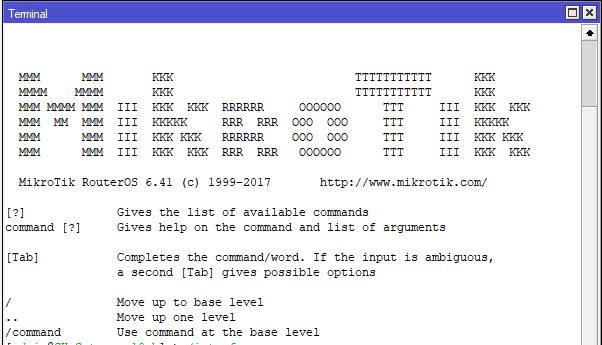 Some of the most popular apps written for Google’s Android phones do not tell users what data they are gathering, says a study by US researchers.
Some of the most popular apps written for Google’s Android phones do not tell users what data they are gathering, says a study by US researchers.
Half of 30 applications studied share location information and unique identifiers with advertisers.
Information about the data gathering was collected using software developed by the team.
App creators should provide more information what will be done with harvested data, they say.
The team of computer scientists from Intel Labs, Penn State, and Duke University chose 30 out of the 358 most popular Android apps that, when installed, ask for permission to get at location, camera and audio data.
Using an extension to the Android operating system called TaintDroid, created by the team, they logged what the applications did.
This revealed that 15 of the apps sent location information to advertisers but did not inform users that data was being shared. Some apps gathered and despatched location information even when an application was not running and some sent updates every 30 seconds.
One application gathered data and sent it as soon as it was installed but before it was run for the first time.
TaintDroid also found that seven of the apps shared unique identifiers, known as IMEI numbers, when sending data. Others despatched phone numbers or SIM card serial numbers.



